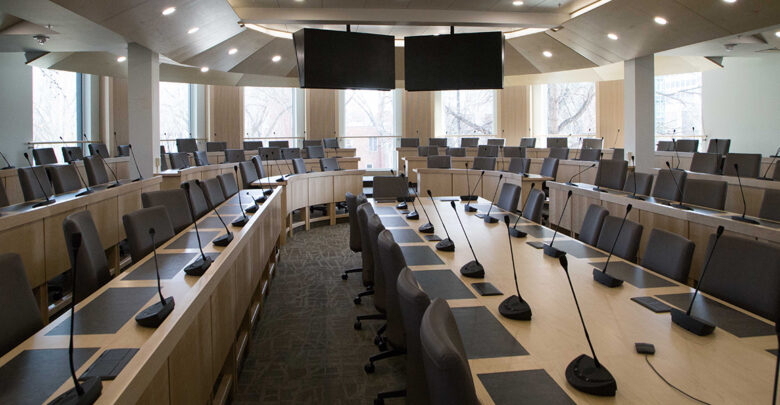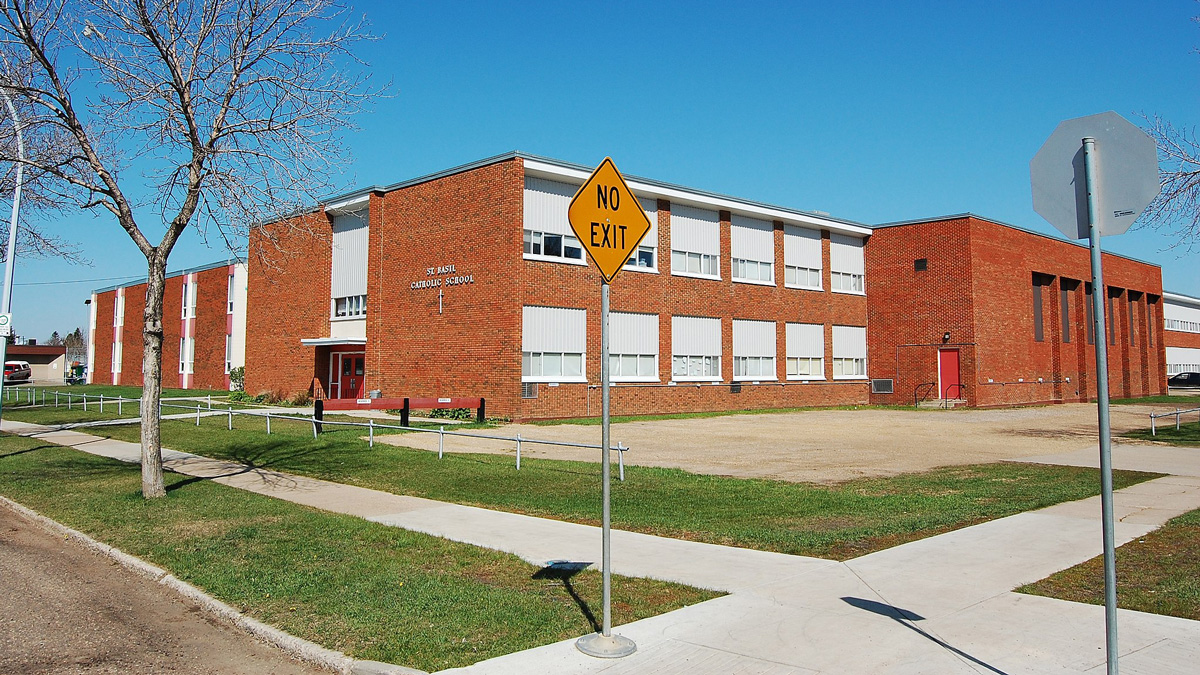 Joshua Storie
Joshua StorieDuring the council meeting on July 15, the University of Alberta Students’ Union (UASU) Student’s Council voted to stop publicly disclosing how individual councillors vote. The motion passed, though with some opposition, but its implications are anything but small. For a body that represents over 37,000 students, this is not a procedural footnote. It is a fundamental retreat from transparency.
Back in March, council voted unanimously to make the votes of individual councillors public. This decision was made with little opposition and few concerns raised. But now, mere months later, council has reversed this.
Before this most recent change, students could see how each councillor voted in real time through electronic records. Minutes will still record whether a motion passed, how many votes were in favour and against, and note any divisions. However, individual voting records for councillors will no longer be automatically published. To see those details, a councillor must call for a roll-call vote. It’s a step that relies on someone willing to publicly push for disclosure. Without that, councillors can make decisions without leaving a public record of their stance.
The executives who supported the motion framed it as a necessary protection for councillor safety. Vice-president (operations and finance) Nathan Thiessen spoke in favour of making individual votes private. This is a direct change from having seconded the original motion in March that made the votes public. Now, when asked for comment over email, he rejected the idea that this was “reinstating private voting.” He insisted that votes have always been minuted in the same way — the difference being whether they were momentarily displayed during electronic voting. He argued that the core issue is the “security of the person” in a public-facing role, citing real incidents where councillors faced threats.
Thiessen’s examples, which he cited in his comment, are troubling. In a November 28, 2024, Council Administrative Committee (CAC) meeting, CAC discussed threats to life that were reportedly made toward members of student governance. U of A Protective Services later presented on these concerns.
In another case, Thiessen pointed to his time as a Students’ Council representative on the Gateway Student Journalism Society (GSJS) board. He specifically referred to The Gateway‘s “anonymity clause,” allowing names to be withheld under certain circumstances, such as threat to a source’s safety or job. And in his first year on council, Thiessen said he had to step between two members of the public who were threatening violence at a forum. “As a fact, in publicly facing positions including student governance, threats to the security of persons exist and will continue to exist,” he wrote in his email, adding that governance should “mitigate that risk” without abandoning accountability.
But Thiessen’s comparison to The Gateway’s anonymity clause doesn’t hold up. The Gateway does not grant anonymity as a default. It applies it in specific, extenuating circumstances, and only after assessing whether the source is facing a credible threat. It is a narrowly tailored safeguard, not a blanket policy. By contrast, council’s decision to remove automatic vote disclosure grants anonymity to every councillor, every time, regardless of risk. Instead of addressing genuine safety concerns on a case-by-case basis, the policy shields all members from public accountability by default.
Vice-president (academic) Katie Tamsett was also asked for comment on her decision. She admitted that she had originally voted in favour of making votes public in March. However, she changed her mind after becoming an executive. “I was unaware of any safety concerns or impacts on councillors that public motions may have,” she said in her email. Once in her role, she learned of additional threats to councillors’ well-being. Tamsett argued that “safety should not be a privilege, but a basic right for councillors,” saying that while accountability is important, councillors are volunteers and their security must come first.
Vice-president (external) Abdul Abbasi focused on the accessibility of council positions for international students and other vulnerable groups in his comment to The Gateway, although The Gateway didn’t request comment from Abbasi. He acknowledged that public voting increases transparency but said it can also create risks for councillors from certain backgrounds. “As someone with Canadian citizenship, it would be easy for me to say that we should just make all voting public, because I am not fearing going back to my home country since I live here,” Abbasi wrote. But, he argued, council must consider that some councillors “most vulnerable” to retaliation might still want to serve, and public voting could deter them from running.
These are serious and legitimate concerns. No one should have to face harassment, violence, or political retaliation for serving their community. And Abbasi is right. Making voting public 24/7 with no exceptions could discourage international students and others in vulnerable situations from seeking a seat at the table. Representation matters, and student governance should be accessible to everyone. Not just those who can afford to take the political heat.
But protecting councillor safety doesn’t require automatic secrecy. There were better alternatives: a case-by-case protection policy where a councillor facing a credible security threat could request anonymity for specific votes, similar to how The Gateway’s clause operates. Council could have delayed publication of contentious votes until after tensions cooled or paired public voting with stronger security measures for councillors. Instead, it created a blanket policy that shields all councillors from scrutiny regardless of risk.
This change also introduces a cultural problem. When secrecy becomes the default, it becomes harder for students, campus media, and even fellow councillors to challenge decisions. The roll-call mechanism will exist on paper. But in practice, it’s likely that few councillors will want to single themselves out by requesting it. The burden to ensure transparency will shift from the institution to individuals — and in governance, that often means it won’t happen at all.
The March decision to make votes public was a step toward building student trust in council. The reversal is a step back. It tells students: “We’ll represent you, but you don’t get to see exactly how.” That might keep councillors safer in some scenarios, but it also risks alienating the very people they serve.
Safety and transparency are not mutually exclusive. However, finding the balance requires more creativity and more commitment to openness than this policy shows. Council already struggles to engage students. That being said, the choice to make itself less visible is more than a procedural tweak. It’s a message about whose comfort matters most in the decision-making process. And if students aren’t watching closely now, they might find that in the future, there’s even less to see.




